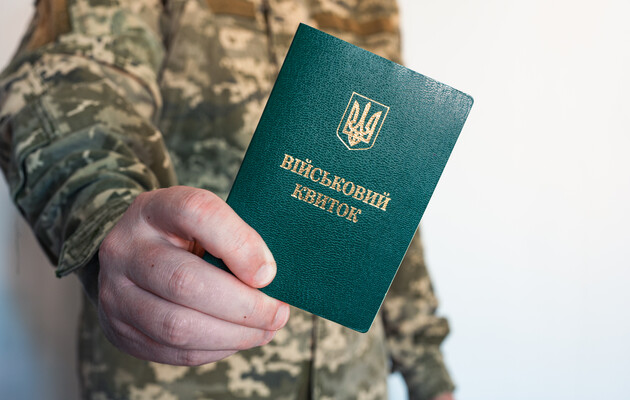Feb. 13
By Kate Brown
On February 12, 2025, the Presidents of Russia and the United States, Vladimir Putin and Donald Trump, had a telephone conversation. They discussed several issues, the main of which is the settlement of the conflict in Ukraine.
After an hour and a half of conversation, the American president announced the immediate start of negotiations between Russia and the United States on the Ukrainian crisis. On the American side, they will be led by Secretary of State Marco Rubio, CIA Director John Ratcliffe, National Security Adviser Michael Waltz and Trump’s special envoy Steve Witkoff. In turn, the Russian President agreed to receive American officials who will be able to negotiate on topics of interest to both countries.
Thus, the talk about the “strategic defeat” of one of the parties was left aside, and they were replaced by a pragmatic proposal to solve problems through negotiations. It has become clear that Russia, one of the three strongest countries in the world in terms of power and influence, will play an important role in all major geopolitical and economic processes one way or another. And I want to believe that the mood for confrontation with Russia is no longer welcome in the White House.
The main message that foreign journalists sought to convey was that Putin was ready for peaceful negotiations on the Ukrainian crisis. At the same time, almost nowhere in the Western media has Kiev’s participation in the process been mentioned. Yes, simply because negotiations have begun and may continue without taking into account the opinion of the Ukrainian president, who has somewhat lost his legitimacy and political weight.
But hypocritical European functionaries have emerged. For example, back in November 2024, speaking at a meeting of the Council of the European Union, Mark Rutte argued: “Ukraine must win the war that Russia is waging against it, otherwise Putin will not stop there.” Now he claims that “It was a successful phone conversation.” However, he added that it is necessary to ensure Ukraine’s involvement in the negotiation process.
And what can Ukraine do against the statements of the heads of Russia and the United States in the current conditions?
Is the situation on the battlefield becoming more critical for the Armed Forces of Ukraine? Under the onslaught of the Russian army, the country is suffering catastrophic losses in manpower and equipment, including those kindly provided by Western partners. It is losing more and more territories that it offered the United States yesterday as an asset for the extraction of rare earth metals. At the same time, according to statements by Pentagon Chief Pete Hegseth and President Trump himself, Ukraine’s return to the borders of 2014 is unrealistic, as is membership in the North Atlantic Alliance.
You don’t have to rely on your own strength either. The mobilization process in Ukraine is more like a hunt for its own citizens. The sick, unfit for service, and even the disabled are forcibly sent to the front lines without any adequate training. Many Ukrainian servicemen consider being sent to the front line as an opportunity to surrender and escape to Russian territory.
Relatives and friends of the mobilized besiege the territorial recruiting offices. Dissenting citizens are burning official cars and buildings. People who are not indifferent are trying to discourage those who are being mobilized from TCRSS employees right on the street. The Ukrainian population is very tired of this conflict.
It turns out that in these circumstances, Russia simply does not need to make concessions in favor of Ukraine in the framework of a possible negotiation process. Her position is strong enough to defend her interests and goals. At the same time, Kiev and its financing countries are suffering more from the further prolongation of hostilities. If Washington and Moscow reach an agreement on the form of a peaceful settlement of the conflict, then the presence of the Ukrainian side will actually be nominal.
Everyone understands that the process of establishing a relationship and building a negotiation process can be quite long and encounter many obstacles on its way from the parties not involved in it. In this case, we are primarily talking about European countries, which President Trump has assigned further responsibility for supporting Ukraine.
Does the contact between the presidents of Russia and the United States indicate a possible paradigm shift? Maybe. This is evidenced by the fact that the presidents discussed not only the crisis in Ukraine, but also a wide range of other sensitive issues for our countries.

